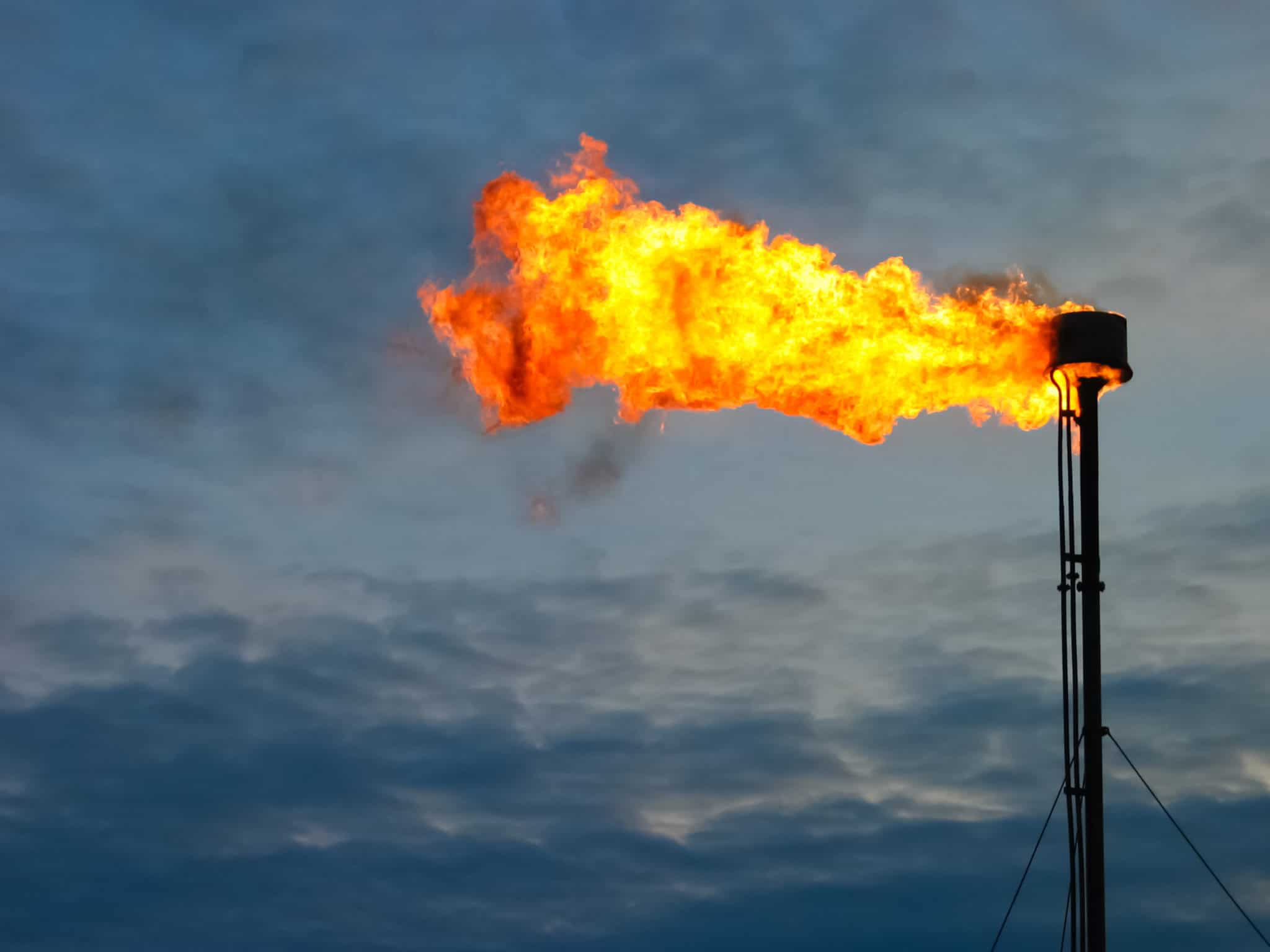
The climate conference that took place in Glasgow in November ended without a real message – the goals set are narrow and do not address the systemic change required in the world economic systems, and we continue to be based on the principles of the linear economy. Thus, the big polluters do not pay for it and the gap in the race against the climate crisis continues to grow.
This year as well, among the objectives of the cop26 climate conference, the discourse focused mostly on carbon dioxide emissions caused by the consumption and burning of fossil fuels. There is no doubt that this is a critical factor in the fight against climate change, but in focusing on this, we are missing other factors of change that have a significant impact on the climate crisis, and are responsible for 38% of greenhouse gas emissions, including food, land and waste management sectors. This miss has a critical impact on dealing with the climate crisis.
It is not enough to focus on consuming and burning fossil fuels. Achieving significant change in the war against the climate crisis requires a genuine commitment by countries to change their economic systems, which adopts a broad view that takes into account all the factors influencing the climate crisis. Looking narrowly at fossil fuels only, we run the risk of missing out on opportunities to reduce other pollutants, of which the effects on the climate crisis have a significant weight.
According to the United States Environmental Protection Agency (EPA), the two sectors with the greatest impact on greenhouse gas emissions are electricity generation, which is responsible for 25% of emissions, and following closely in the volume of pollutants is the food and land sector, which is responsible for about 24% of greenhouse gas emissions. This sector includes the impact of deforestation for agricultural crops and animal husbandry, overuse of chemical fertilizers and garbage dumps and landfills.
Namely, when looking at data on the extent of greenhouse gas emissions by sector, it is easy to understand that there are many other activities that contribute to global warming and the climate crisis, in addition to burning fuels. The claim that only fossil fuels are responsible for the climate crisis invalidates the responsibility of other negative influencing factors in the climate crisis, thus ignoring the above data, which point to a variety of opportunities in the war on climate crisis other than fossil fuels. These opportunities make it possible to implement innovative technological solutions with the potential to bring about significant changes in these sectors that will reduce their negative effects contributing to global warming.

Today, already there is a variety of innovative solutions and technologies that enable more efficient use of resources that are alternatives to energies and uses of polluting practices. The solutions that must be implemented must focus on saving the use of resources. This is the guiding principle in a circular economy that strives to close the production cycle by reducing the use of new resources and reducing waste production. For example, with regard to the food and land sector – the second largest sector contributing to pollutant emissions – setting targets for reducing food waste, reducing landfilling of waste and using innovative tools to streamline agricultural systems, creates an incentive to develop and implement innovative solutions.
Thus for example, anaerobic digestive systems of food waste that produce biogas energy for use and organic fertilizers for agriculture and prevent landfilling, offer a comprehensive solution to these challenges. Such systems contribute to the reduction of pollutant emissions and prevent methane pollution – which is a greenhouse gas with a potential for pollution 84 times more than carbon dioxide over 20 years, and produce renewable energy instead of using other polluting fuels. This example alone illustrates how defining the climate crisis as dependent solely on fossil fuels and ignoring other factors influencing the climate crisis jeopardizes the development of other innovative solutions, which are critical for reducing pollutant emissions and resource efficiency.

At the end of the day, the fight against the climate crisis does not end on a single front or in a single sector, and those who point to one factor causing the climate crisis jeopardize the real change required – in all principles of the linear economic system – and the necessary transition to a circular economy. This transition requires a comprehensive approach to all sectors and activities of companies and the industry.
In recent years our awareness of what we put into our body and how we treat it, as well as the awareness of the impact of our behavior on our environment is growing, and trends of balanced nutrition, and greener life more connected to nature and ourselves, are increasing.
This article was originally published in Hebrew in Mako in December 2021.






